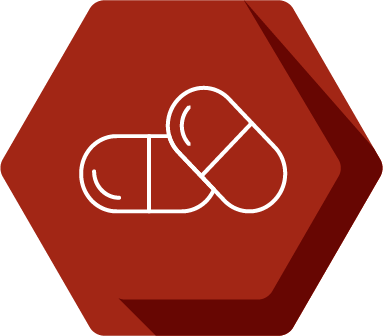Aruna Ganesan

Pronouns: she/her
Research Mentor(s): Elizabeth Duval, Assistant Professor
Research Mentor School/College/Department: Psychiatry, Michigan Medicine
Presentation Date: Thursday, April 22, 2021
Session: Session 1 (10am-10:50am)
Breakout Room: Room 12
Presenter: 6
Abstract
The project research aims to understand how people with Post Traumatic Stress Disorder (PTSD) and fibromyalgia (FM) react to fear modulation tasks (i.e., extinction recall and fear renewal) by examining skin conductance response (SCR) data, which is a reliable indicator of one’s response to threats. The Duval Lab study aims to examine the contextual processing deficits during fear modulation in PTSD and FM. We are testing FM in addition to PTSD because these disorders are highly comorbid and both demonstrate impairments in fear modulation, which is the ability to flexibly shift fear responses from one stimulus to another if a once-threatening stimulus becomes safe. The study spans over two days, where on Day 1 participants underwent fear conditioning and extinction learning, and on Day 2 participants underwent extinction recall and fear renewal in regards to context. We are currently examining the results of the SCR data collected from three different groups, which consists of individuals with PTSD, FM, and healthy controls, and specifically examining the amplitude and count of the SCR. We have not gotten to the part of analyzing the data presented yet (we are still working on organizing and cleaning the data using Acqknowledge software), but we hypothesize that there will be a significantly greater SCR during extinction recall and fear renewal phases among individuals with PTSD and FM. We hope the outcomes of the current study help improve treatments for PTSD and FM.
Authors: Aruna Ganesan, Elizabeth Duval, Hanjoo Kim
Research Method: Clinical Research





